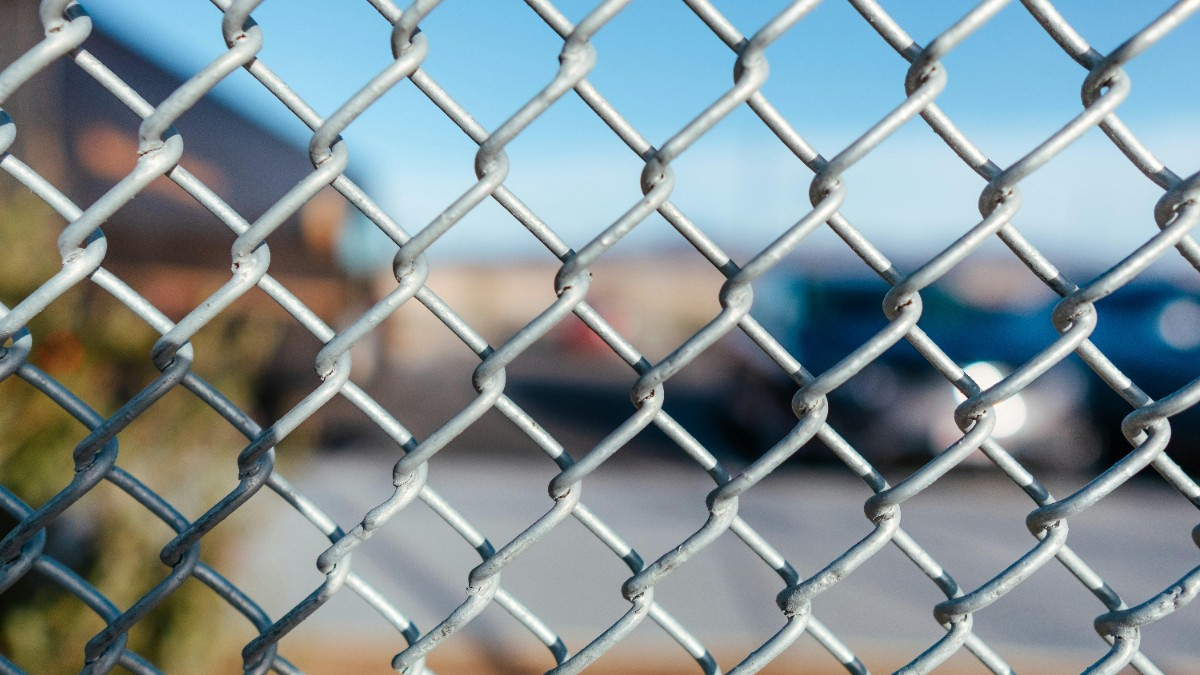The 2024 presidential election ushers in a new epoch of court wrangles, both legal and political, which go right to the front burner of current events, none more crucial than those against the former President of the United States, Donald Trump. In what seems to be his likely come back to the White House, the question now is, what does all this portend for his criminal and civil cases in court? Can a president in office serve time in jail? This article looks into the legal implications and historical precedents regarding the issue at hand.
Legal battles against Trump
Donald Trump has faced back to back legal challenges; criminal indictment and conviction. According to Syracuse University News, it is stated that Donald Trump continues facing bombardment of legal claims against him; according to Syracuse University News. Business Insider reveals that even though the presidential election is won, there are four criminal indictments pending against Trump.
These indictments cover a range of serious allegations, including mishandling classified documents, attempts to overturn the 2020 election results, making hush-money payments, and engaging in fraudulent business practices. Despite these legal battles, Trump has managed to secure a victory in the 2024 presidential election, raising significant questions about the future of these cases.
Constitutional provisions and immunity of the President
The United States Constitution sets rather few eligibility requirements for the presidency, requiring individuals to be at least 35 years old, naturally born citizens, and residents of the United States for at least 14 years. It does not prohibit convicted felons from seeking the presidency or serving as president. This has been confirmed in coverage regarding this issue by news organizations such as The New York Times and Politico.
Leaving aside the legal complications, the apparently far more interesting question of whether a serving president can be imprisoned is a little more complex. The Constitution grants a serving president immunity against some forms of legal process, mainly to guarantee that the executive cannot be obstructed from carrying out his duties. Under the principle set out in Nixon v. Fitzgerald, 457 U.S. 731 (1982), a president is granted absolute immunity from civil damages based on actions undertaken in an official capacity.
Criminal prosecution and imprisonment
While the Constitution and the Supreme Court’s precedents offer a sitting president some degree of immunity, they are by no means completely immune to criminal prosecution. The DOJ has held a long-standing policy in a 1973 memorandum, reiterated in a 2000 opinion from the Office of Legal Counsel that a sitting president cannot be indicted or prosecuted. This policy arguably derives its basis from undue interference with the president’s duties that would be created by criminal proceedings.
However, this DOJ policy is merely a policy and thus not legally binding, and it therefore can be challenged and revised. Scholars and experts have disagreed on whether a current president can be indicted for a crime. Laurence Tribe, a Harvard University constitutional law professor, says that there is no constitutional obstacle to charging a sitting president with a crime, although practical and political reasons make it unlikely.
Historical precedents and practical considerations
No U.S. president in office has ever been indicted, let alone imprisoned. The closest historical parallel is the case of Vice President Spiro Agnew, who resigned in 1973 amid a criminal investigation and subsequently pleaded no contest to tax evasion charges. But Agnew’s resignation allowed him to be prosecuted; the situation for a sitting president would be much more complex.
If Trump were found guilty while he was president, the following are among the possibilities: He could, technically, pardon himself – the legality of self-pardons is untested and controversial. He could resign in exchange for a pardon from his successor, as Gerald Ford did for Richard Nixon. But if Trump refused to resign and kept serving as president, the logistical and constitutional complexities of imprisoning a sitting president would be unprecedented.
Read more: What time do polling places open and close in Philadelphia – Voting hours, locations and where do I vote in the US Election 2024
Read more: How many electoral votes does Wisconsin, Arizona and Pennsylvania in the US Election 2024?
